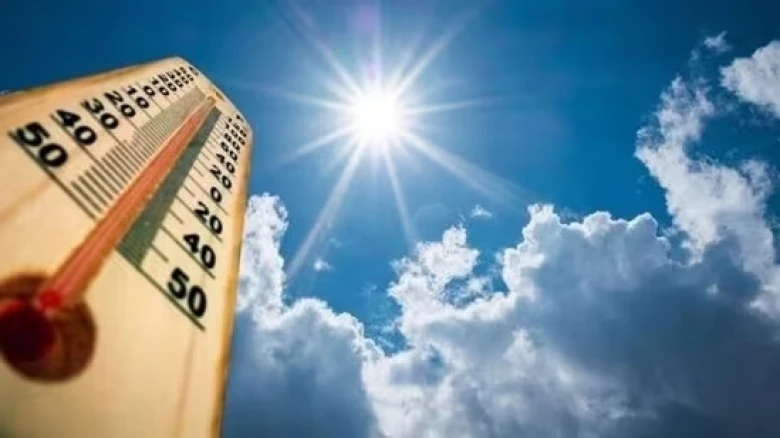Sports

July 2023 will most likely be the world's hottest month in "hundreds, if not thousands...
Digital Desk: July 2023 will most likely be the world's hottest month in "hundreds, if not thousands, of years," top NASA climatologist Gavin Schmidt said on Thursday.
This month has already seen daily records broken, according to systems managed by the European Union and the University of Maine, which incorporate ground and satellite data into models to provide early forecasts.
Though they differ slightly, the pattern of high heat is apparent and will most certainly be reflected in the more robust monthly data provided later by US agencies, said Schmidt in a NASA briefing with reporters.
"We are seeing unprecedented changes all over the world -- the heat waves we're seeing in the US in Europe, and China are shattering records left, right, and center," he said.
Moreover, the effects cannot be traced simply to the El Nino weather pattern, which "has really only just emerged."
Though El Nino is playing a small role, "what we're seeing is the overall warmth, pretty much everywhere, particularly in the oceans. For months, we've been seeing record-breaking sea surface temperatures, even outside of the tropics.
"And we anticipate that will continue, and the reason we anticipate that will continue is because we continue to emit greenhouse gases into the atmosphere," he said.
What is presently happening is increasing the probability that 2023 will be the warmest year on record, which Schmidt currently assigns a "50-50 chance" based on his calculations, while other scientists have placed it as high as 80 percent.
"However, we anticipate that 2024 will be an even warmer year, because we'll be starting off with that El Nino event that's building now and will peak near the end of this year," he said.
Schmidt's warnings come as the world has been buffeted by fires and dire health warnings in the last week, as well as broken temperature records.
Leave A Comment